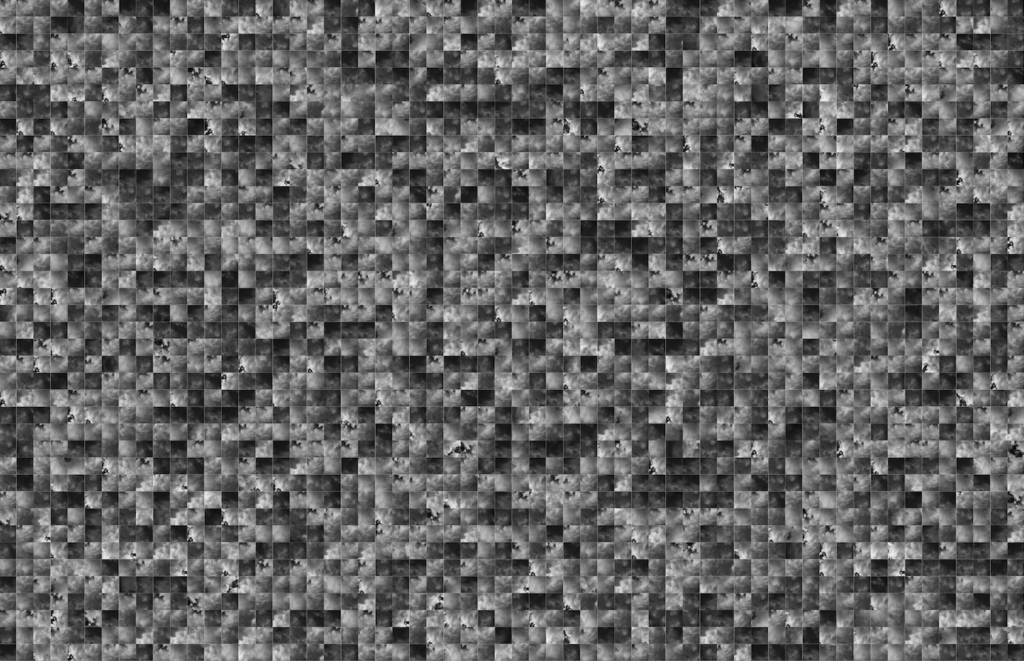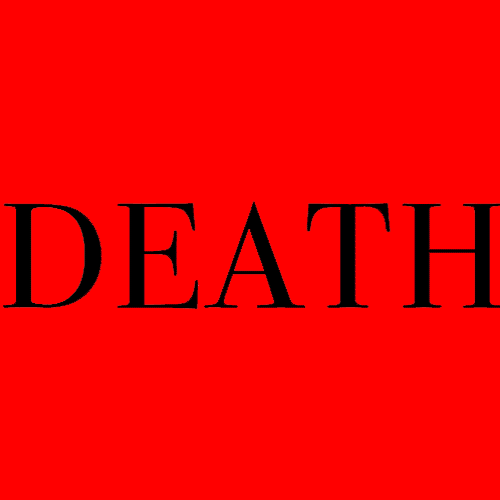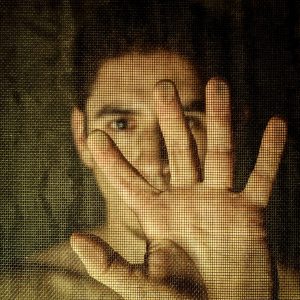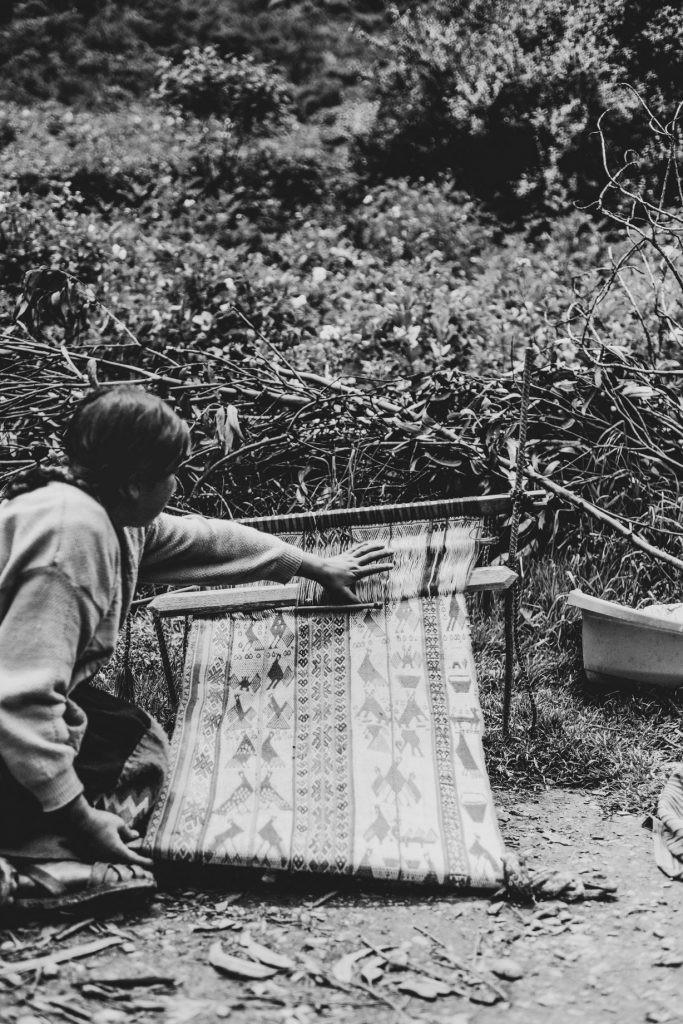───── ⋆⋅✿⋅⋆ ─────
The indeterminacy of wandering, cloud-gazing, and wool-gathering, where much may be discovered, is being replaced by the determinate shortest distance as suggested by algorithmically driven GPS systems. Enter desire lines.
Desire lines are unintended, universal consequences which exist in contrast to built systems. A desire line is an unplanned route or walkway, typically realized as a path worn into a grassy surface by the erosion of foot traffic or fresh tracks in otherwise untouched snow. They are a poetic reaction, an embodiment of impulse and preference over the strict adherence to a construct. The invocation of such here is metaphorical, not literal.
In a contemporary moment where increasingly accurate GPS and tracking technologies provide a coded and exact sense of spatial awareness meant to literally and metaphorically steer our trajectories, there is value in following our desire lines, in being errant; GPS attempts to (re-)discovers bodies in landscapes and vice versa, yet by exploiting the inherent reductiveness of this digital discretization processes we also open up a virtual space where the essential nature of the human and human creative desires can imaginatively be merged.
Dear Diary,
We don’t get lost anymore, rather we’re told exactly where we are and where to go next.
To not know where you are is ignorance, yet to lose yourself, purposefully, can be transformative. That’s a gift of errantry – not absence but the emergence of presence. It’s also a way to push back, to see how the algorithm reads and responds to intangibles. How will it acknowledge the possibilities of multiple, contested, and potentially infinite answers to the particular question – where am I and where am I going? Can it see me if and when I prioritize the journey over the destination? Does it know that the journey I want cannot be predicted?
What is the externalization of this internal landscape?

The root of errantry is errant, to err or stray from the proper course or standards. In the work dépaysant, I am literally and figuratively furthering the idle errantry I began in paint the stars, extending my exploration of purposefully not being productive or efficient from performance in front a camera paired with conceptual captions, to using the body in the world as a vehicle for discovery. Technically, I rely on consumer-level photographic equipment to record the skies – clouds in particular – as I walk, without destination for anywhere between 15 minutes and an afternoon.
Engaging with desire lines in this manner allows me to be outside of the systems I am critiquing, to resist them, and, via immersion in nature, to find balance on a personal level. I’ll borrow from Mark Slouka, “idleness is not simply a curiosity or even a psychological necessity (something we need to help construct a complete human being); ironically, idleness can actively confront the techno-social space.” Capitalistic systems, fast accelerated by technology, push us to be constantly on, to be efficient, to be productive. These algorithmically charged systems shape our lives and the society we live in – the world we live in – with, arguably, the majority of the benefits of these labors keeping the system running sans change. It’s all retch and no vomit.
As ever, my aim is not to demonize or glorify the technology at play, but rather to highlight what I perceive as an inherent imbalance, to showcase other ways of being. To quote scholar and writer Leo Marx, “There needs to be time for efficient data collection and time for inefficient contemplation, time to operate the machine and time to sit idly in the garden. We need to work in what Google calls the “world of numbers,” but we also need to be able to retreat. The problem today is that we’re losing our ability to strike a balance between those two very different states of mind. Mentally, we’re in perpetual locomotion.”
Idleness inherent in this strain of errantry not only stops said locomotion, but is inescapably human. Lest we forget, we need that time – as children and through adulthood – to figure out who we are, and what we believe. This is precisely what makes idleness dangerous and the body as a potential site of resistance in the age of the algorithm. Idleness as action stands in opposition. It raises questions whose value is not only iterative, but inherently worth more than the staleness of answers.



